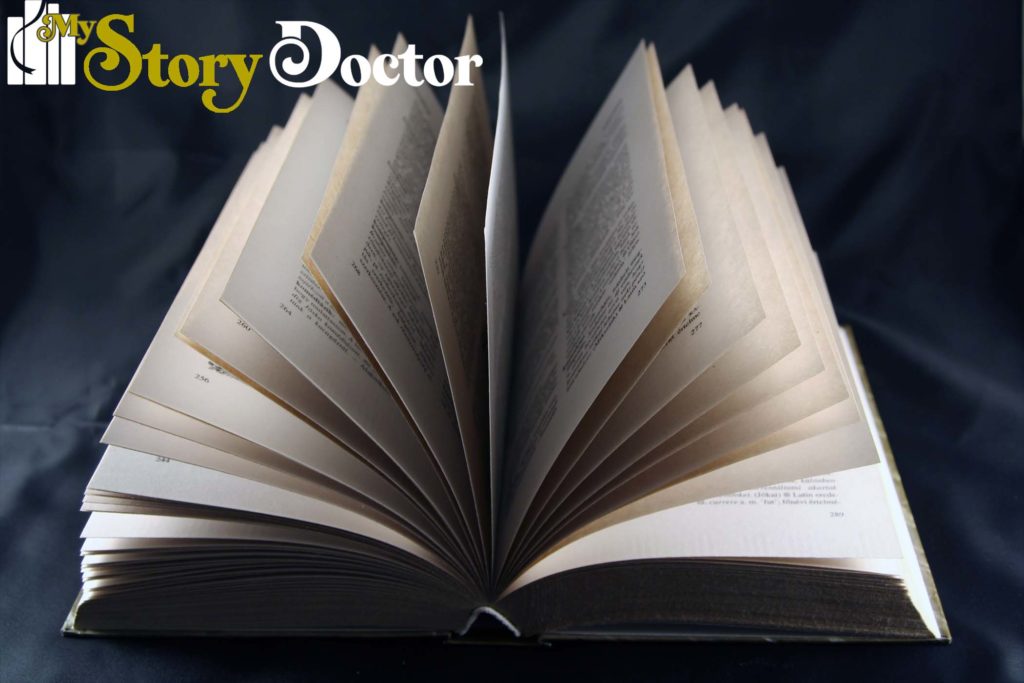The Questions On My Mind
I was rewriting a scene, listening closely to the sound and rhythm of the words in a passage, looking for ways to strengthen it, and it made me wonder: how many new writers take the proper care with their words? How many truly listen?
There are a number of ways to show that you’re a genius at writing. You might have break-neck pacing, or characters who become more and more alive as the reader learns about them. Your plots might be brilliant, or your argument scenes might impress and inspire.
But guess what? If your story doesn’t stand out based upon the beauty of your words—your sensitive use of language, your tone and style—it really won’t matter.
You see, lackluster prose is perhaps the biggest bar to publication.
What I'm Looking For
When I open a story for Writer’s of the Future, I pay attention to the author’s use of language. If after a couple of pages I don’t see something that convinces me that the author has got some unique talent, I’ll pass.
That’s the way that other editors handle the submission process, too. We look for authors who convince us through their use of words alone that their work will stand out. That’s why so many editors say that the first thing that they look for is a powerful and convincing voice—either the author’s narrative voice or the character’s voice.
That may not sound fair to you. You might respond, “Ah, but my story doesn’t really get going until page ten.” Too bad. As an editor, I’ve looked at “pretty good” stories long enough to know that in most cases, if the language doesn’t entertain, then in all probability the story will have lots of other problems, too.
Many writers come to the craft late in life. They may have been computer programmers or healthcare workers or policemen, but they’ve always had that nagging desire to write. They’ve read great stories and may even have some wonderful talents—a gift for setting, or a deep understanding of businessmen and thugs—that can help them find huge audiences. But such writers often feel that they don’t have time to learn the writing craft, explore it. They don’t have time to take poetry writing classes, for example, and they think that it’s optional.
Guess what. It isn’t optional. If you worry that I may be talking to you, I’m talking to you.
A Few Years Back,

I did a study of Writers of the Future Contest winners. I found that most of them had spent years studying the craft—taking writing classes, workshopping, and studying long into the night.
It’s not just the agents and editors that will judge your storytelling skills by looking primarily at your style. You may be able to get published, but then find that you’re hobbled because critics won’t review you, booksellers may not want to buy your work in large quantities, or librarians don’t feel that your work has enough merit that they want to carry you at all. Then of course there are the avid readers out there, organizing book clubs and talking to friends about the works that move them most. Many of these readers are exceptionally well-read. They know good work when they see it.
There are some great writers to learn from when studying the use of language. There was a time, back in the 1800s and 1900s, when poets were rock stars. When Edgar Allen Poe gave readings in Boston, women would throw off their clothing and swoon. So people spent huge amounts of time perfecting their craft. It wasn’t until the early 1900s, when radio allowed music to be played across the country, that poetry began to fall out of use.
The Long Dead Career of the Poet
The truth is, you can’t make a living as a poet today. You can take your poems and turn them into song lyrics and do much better, but very few people can pay their bills by selling their poems alone. The poets that I know all rely upon grants and teaching salaries and little secret writing gigs to get by.
I’m not going to teach you lessons on poetry. That goes far beyond the scope of the Kick. But I am going to recommend that if you want to become a professional writer, take the time to learn to write with beauty, grace, power, and distinction.
T.C. Christensen is an American filmmaker who has won over 270 national and international awards for his work in directing and photography. In 2010, he was invited to join the American Society of Cinematographers.
Claudia Mills is an American author of children’s books. She is also an associate professor of philosophy at the University of Colorado Boulder.
Live and past recorded Apex Calls are one of the many membership benefits that are included with your subscription at https://www.apex-writers.com/









